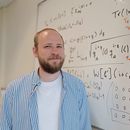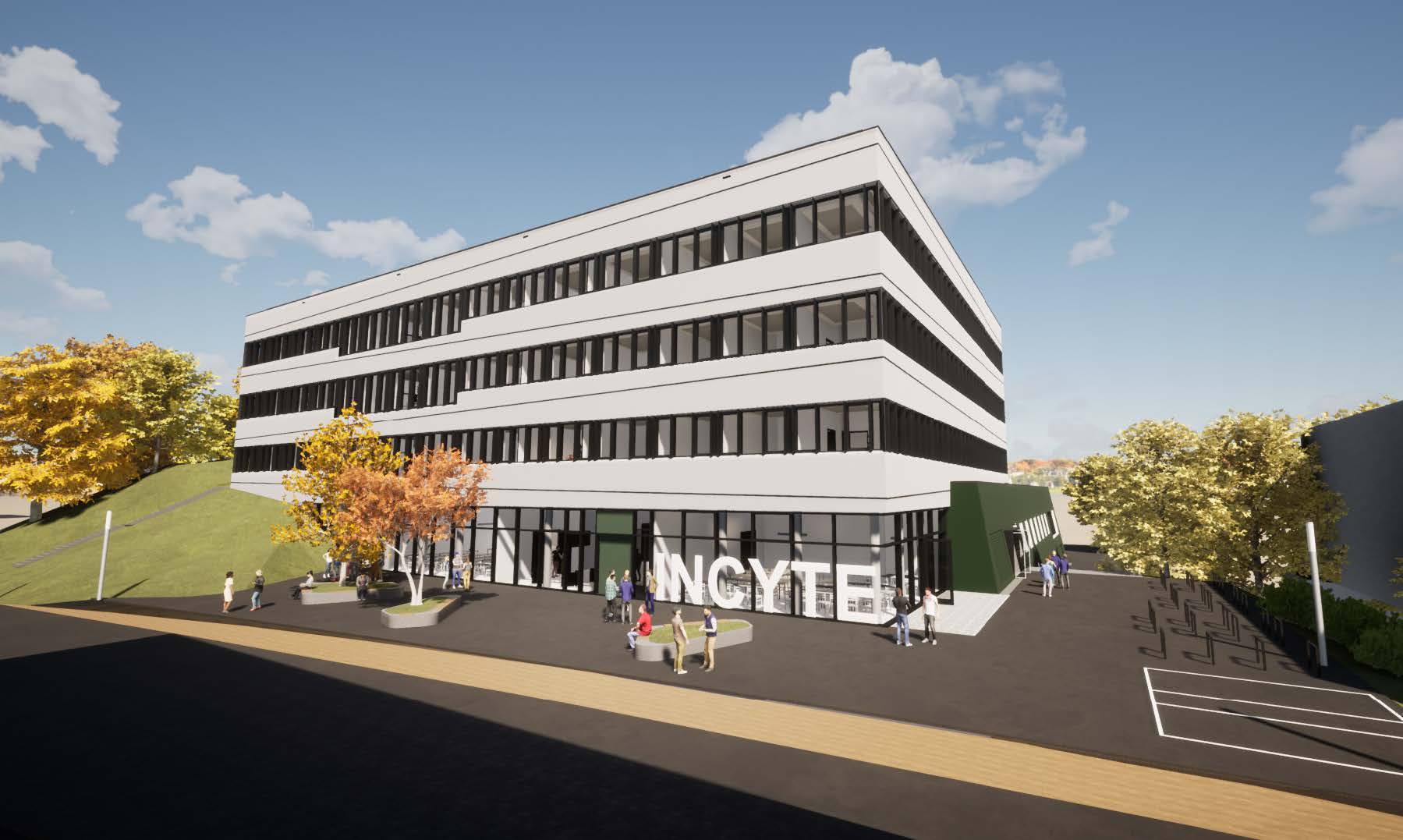Research
News
of
the
University
of
Siegen
 New
connection
between
physics
phenomena
discovered New
connection
between
physics
phenomena
discovered
A
Humboldt
fellow
and
his
international
physcist
colleagues
have
deciphered
a
mathematical
connection
between
quantum
phenomena:
Superposition
and
entanglement
also
exist
beyond
quantum
theory.
In
the
world
of
the
very
smallest
particles
–
the
so-called
quanta
–
there
are
extraordinary
phenomena
that
completely
contradict
our
everyday
experience
and
are
difficult
for
laypeople
to
comprehend.
For
example,
quantum
systems
can
be
in
several
“states”
at
the
same
time
–
certain
measured
values
only
appear
when
a
measurement
is
actually
carried
out.
Physically,
this
is
called
“superposition”.
Another
typical
quantum
phenomenon
is
entanglement:
two
particles
are
connected
in
a
special
way,
no
matter
how
far
apart
they
are.
As
crazy
as
such
phenomena
may
seem,
they
are
the
basis
for
groundbreaking
innovations
such
as
quantum
computers
or
the
secure
exchange
of
information
known
as
quantum
cryptography.
Click
here  to
read
the
rest
of
the
article
(In
German).
to
read
the
rest
of
the
article
(In
German).
 German-Chinese
team
studies
the
formation
of
chitin German-Chinese
team
studies
the
formation
of
chitin
Siegen
molecular
biologist
Hans
Merzendorfer
and
agricultural
scientist
Quing
Yang
from
Beijing
are
leading
a
joint
research
project
that
might
provide
approaches
for
the
development
of
environmentally
friendly
insecticides.
The
exoskeleton
of
insects
is
known
to
be
a
highly
resistant
structure
reinforced
by
chitin
fibrils.
Due
to
the
special
properties
of
chitin
fibrils,
they
have
long
been
researched
for
numerous
applications
in
medicine
and
technology.
However,
little
is
known
so
far
about
how
exactly
chitin
fibrils
are
produced
by
insects.
This
is
now
being
investigated
by
a
German-Chinese
team
of
researchers
led
by
Professor
Qing
Yang
of
the
National
Academy
of
Agricultural
Sciences
in
Beijing
and
Dr.
Hans
Merzendorfer,
Professor
of
Molecular
Biology
at
the
University
of
Siegen.
Click
here  to
read
more.
to
read
more.
 Collaborative
project
of
quantum
computer
developers Collaborative
project
of
quantum
computer
developers
New
ATIQ
project
is
funded
by
the
German
Federal
Ministry
of
Education
and
Research
with
a
total
volume
of
EUR
44.5
million.
Quantum
computers
promise
unprecedented
computing
power
for
applications
where
conventional
data
processors
based
on
„zeros
and
ones“
fail.
In
the
new
Trapped-Ion
Quantum
Computer
for
Applications
(ATIQ)
project  ,
25
partners
from
research
institutions
are
now
working
together
with
industrial
partners
to
develop
quantum
computer
demonstrators
implemented
together
with
users
of
quantum
computers.
The
partners
will
tackle
major
technical
challenges
to
realize
quantum
computer
demonstrators
made
in
Germany
and
to
facilitate
24/7
access
for
users. ,
25
partners
from
research
institutions
are
now
working
together
with
industrial
partners
to
develop
quantum
computer
demonstrators
implemented
together
with
users
of
quantum
computers.
The
partners
will
tackle
major
technical
challenges
to
realize
quantum
computer
demonstrators
made
in
Germany
and
to
facilitate
24/7
access
for
users.
Click
here  to
read
more.
to
read
more.
 Selfies
at
the
coffee
table-
How
older
people
can
learn
to
use
technology Selfies
at
the
coffee
table-
How
older
people
can
learn
to
use
technology
Modern
technologies
have
the
potential
to
support
older
people
in
their
everyday
lives.
Yet
many
older
adults
barely
use
digital
devices
and
media
because
they
don‘t
have
the
technological
skills.
The
ACCESS
research
project
is
developing
learning
formats
to
enable
digital
participation.
The
first
time
she
held
a
tablet
in
her
hands,
Edith
Heide
(not
her
real
name)
was
adamant:
"I‘ll
never
learn
this
at
my
age."
Edith
Heide
has
always
lived
in
a
village,
and
had
zero
experience
of
digital
technology,
the
internet,
or
social
media.
Nor
was
she
particularly
interested,
said
the
75-year-old,
until
she
took
part
in
a
research
project
at
the
University
of
Siegen.
This
was
when
she
discovered
the
benefits
of
digital
tech,
especially
for
her
daily
life.
Click
here  to
read
more.
to
read
more.
 Prof.
Friederike
Welter
Recognised
as
one
of
Germany’s
top
Economists Prof.
Friederike
Welter
Recognised
as
one
of
Germany’s
top
Economists
Professor
Welter
from
Siegen
has
once
again
made
it
into
the
top
20
in
the
F.A.Z.
(Frankfurter
Allgemeine
Zeitung)
economists’
ranking.
Siegen
University
Professor
and
IfM
President
Friederike
Welter
is
once
again
one
of
the
most
influential
economists
in
Germany
this
year.
According
to
the
current
F.A.Z.
ranking,
she
is
in
20th
place.
Not
without
reason:
for
in
the
past
pandemic
months,
the
IfM
president
and
Siegen
professor
has,
among
other
things,
regularly
worked
with
two
IfM
scientists
to
prepare
background
papers
in
which
they
both
examined
the
situation
of
SMEs
and
presented
recommendations
for
action
for
SME
policy.
In
addition
to
her
international
research
activities
on
the
contexts
in
which
entrepreneurship
emerges,
she
is
currently
working
on
the
social
contribution
of
SMEs,
on
perceptions
of
companies
and
the
needs
of
people
interested
in
and
starting
up
businesses.
Click
here
to
read
more
(in
German). 
 New
Nanotechnology
Research
Centre
Approved New
Nanotechnology
Research
Centre
Approved
The
INCYTE
research
building
at
the
University
of
Siegen
on
the
Adolf-Reichwein-Straße
campus
will
set
new
standards
with
state-of-the-art
laboratory
equipment.
The
go-ahead
has
been
given
for
the
construction
of
state-of-the-art
competitive
laboratories
in
INCYTE,
the
“Interdisciplinary
Research
Centre
for
Nanoanalytics,
Nanochemistry
and
Cyber-Physical
Sensor
Technologies”.
This
is
a
clear
impulse
for
strengthening
these
research
areas
from
the
state
government
in
North
Rhine-Westphalia
(NRW).
On
14
September,
the
final
“green
light”
was
given
to
start
construction
of
the
INCYTE
laboratory
building
in
Siegen.
Click
here
to
read
more
(in
German). 
|

